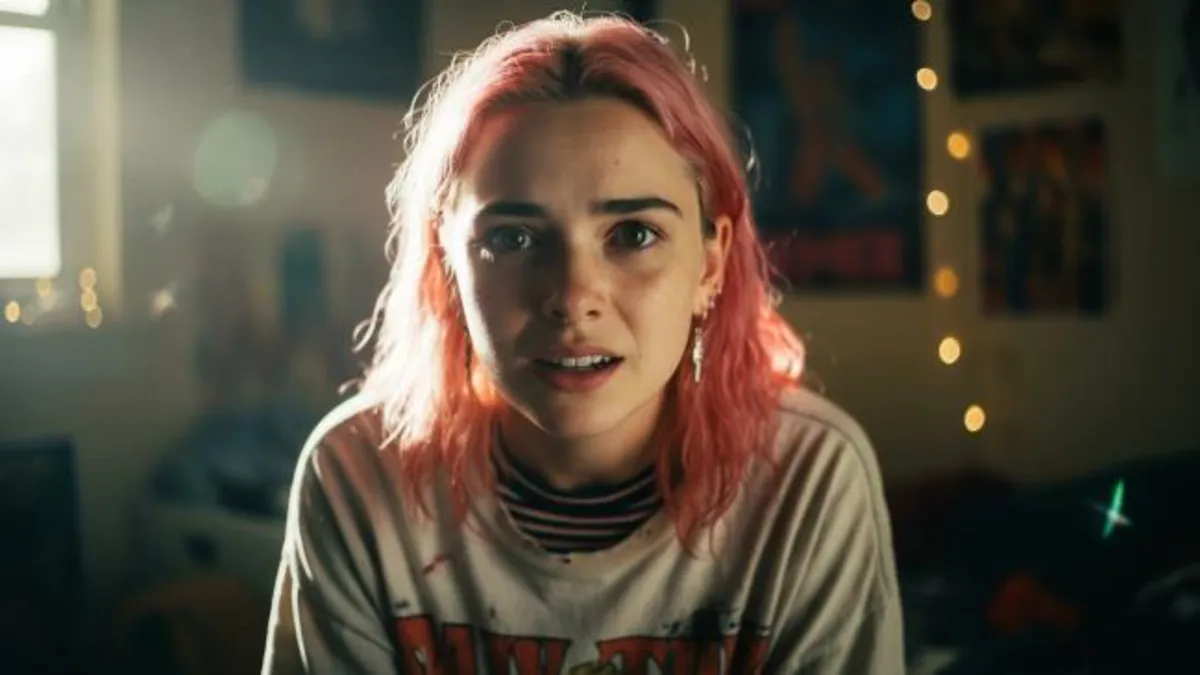
Renowned generative AI filmmaker Dave Clark has experimented with numerous tools to create his innovative AI-generated films, including his widely recognized short, “Battalion.” Since the release of this viral video, advancements in generative AI technology have significantly transformed the filmmaking landscape. Clark believes that the innovations of yesterday can now be further enhanced, thanks to new tools like Flow, a cutting-edge generative AI video generation platform unveiled by Google during its I/O event.
Clark played a pivotal role in the development of Flow, collaborating with Google Labs to ensure the tool is tailored specifically for filmmakers and creators. His enthusiasm for Flow is palpable, stating, “My mind is still blown by the level of control.” He emphasized that, as a filmmaker, this tool represents a long-awaited breakthrough in creative freedom, enabling users to harness the potential of generative AI effectively.
Flow is equipped with a variety of sophisticated features designed to enhance the filmmaking process. With its camera control capabilities, filmmakers can articulate specific movements and visual angles, akin to directing a cinematographer. One of the standout features, Scenebuilder, allows creators to generate scenes while maintaining consistency in character designs and locations. This ensures that filmmakers can produce high-quality content with detailed precision.
Moreover, Flow supports the upload of multiple reference images, enabling creators to match elements like faces, clothing, and locations with remarkable detail. The platform also embraces a more natural language approach to prompt writing, allowing filmmakers to specify technical aspects such as lens choices, lighting conditions, and even film grain. In a groundbreaking advancement, Flow can generate sound in real-time, incorporating sound effects, background music, and dialogue alongside video generation.
Clark, alongside his AI production company Promise, is utilizing Flow to produce a new short film titled “Freelancers.” This narrative revolves around two adopted brothers who embark on separate journeys to become international spies and hitmen. One standout scene features the protagonists in a diner, where Clark successfully generated dynamic camera movements, showcasing Flow’s impressive capabilities. “To see the way that the camera was shaking, it’s this exact same way I would probably film it,” Clark remarked, highlighting the tool's potential to replicate realistic filming techniques.
Flow and Google’s latest AI model, Veo 3, demonstrate advanced capabilities that surpass previous generative models like OpenAI's Sora. With Flow, filmmakers can extend scenes on a timeline, enabling them to enhance the duration of shots beyond the typical 6 to 8 seconds. Clark likened this functionality to creating a seamless “oner,” reminiscent of the cinematic style seen in the film “1917.” This flexibility allows filmmakers to maintain narrative continuity while experimenting with different visual styles.
Clark elaborated on the customization features within Flow, emphasizing how it allows filmmakers to dictate the appearance of a scene, including the specific lens used for filming. This level of detail is crucial for creators seeking to maintain aesthetic consistency across their projects.
Members of Google’s creative team, including Matthieu Kim Lorrain and Thomas Iljic, expressed their admiration for Clark’s creative process. They recognized the importance of understanding the unique workflows of different filmmakers to design a tool that meets their diverse needs. “Customization” emerged as a key term, underscoring the various approaches filmmakers might take in utilizing Flow.
Recently, Clark’s production company Promise announced additional funding from Google’s AI Future Fund, alongside investments from Crossbeam Venture Partners, Kivu Ventures, and Saga Ventures. As Flow becomes available to subscribers of Google AI Pro and Google AI Ultra plans in the U.S., with expansion to other countries on the horizon, Clark sees a future where understanding and leveraging technology will be essential for filmmakers.
Reflecting on the evolution of filmmaking, Clark stated, “You’re going to have to understand technology, whether or not you use it.” As the tools of generative AI become more accessible, a new generation of filmmakers may emerge, skilled not only in storytelling but also in the technological aspects of film production.